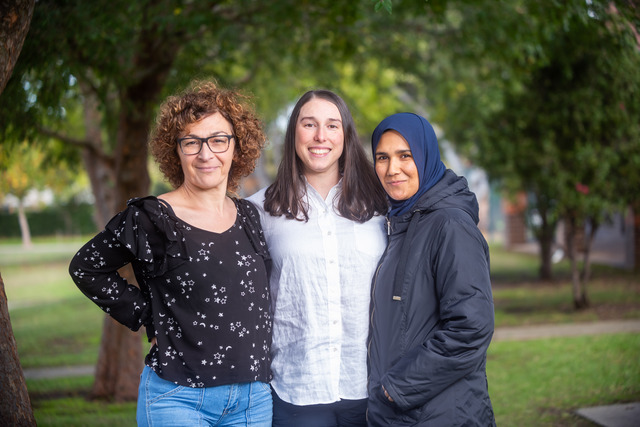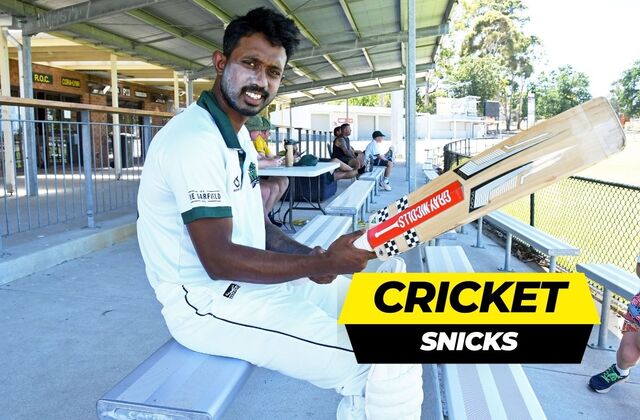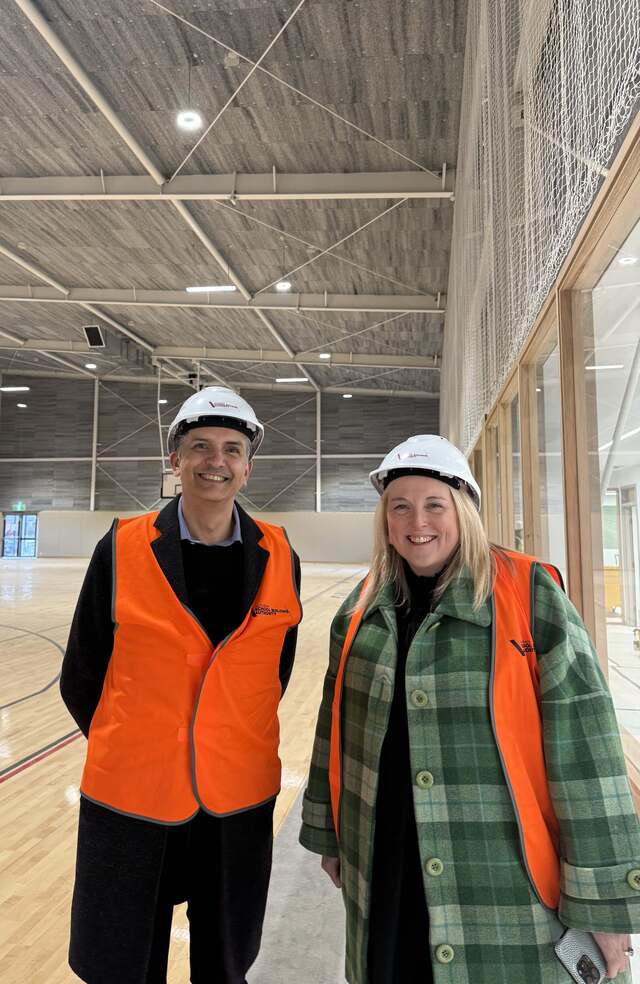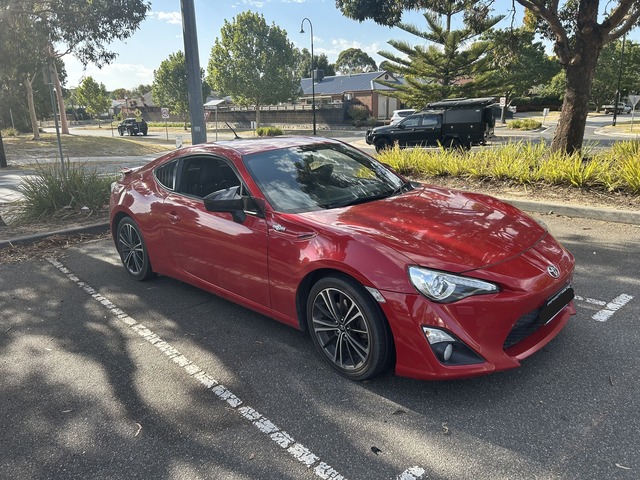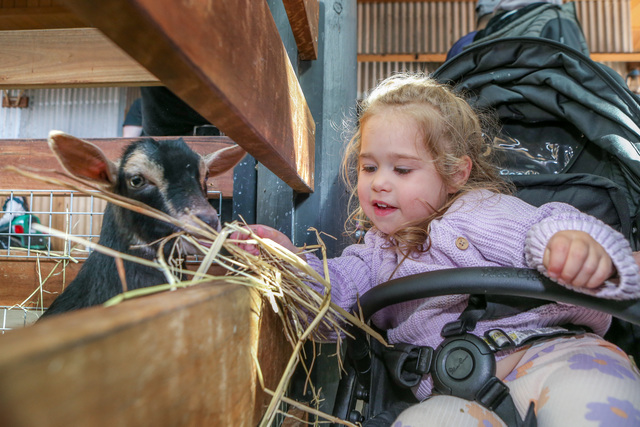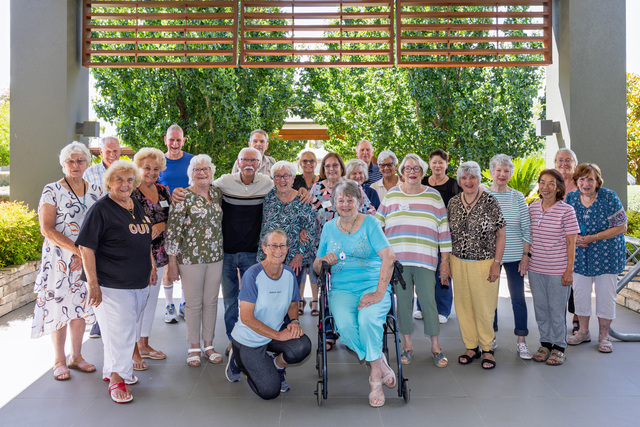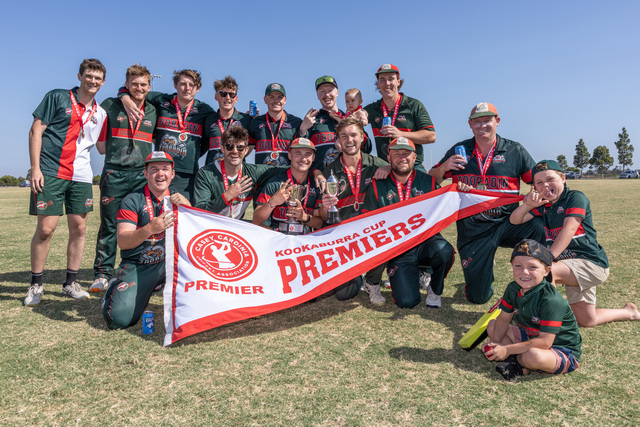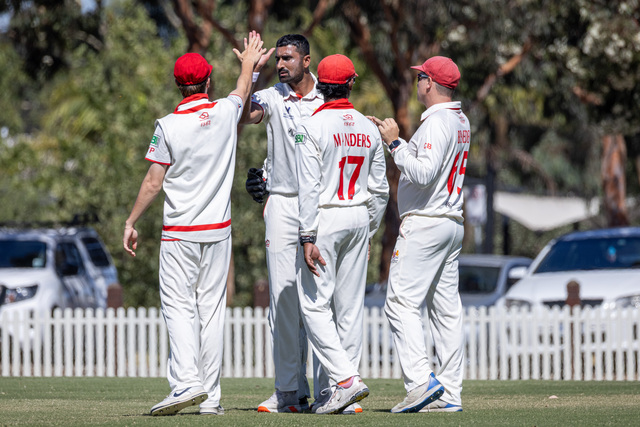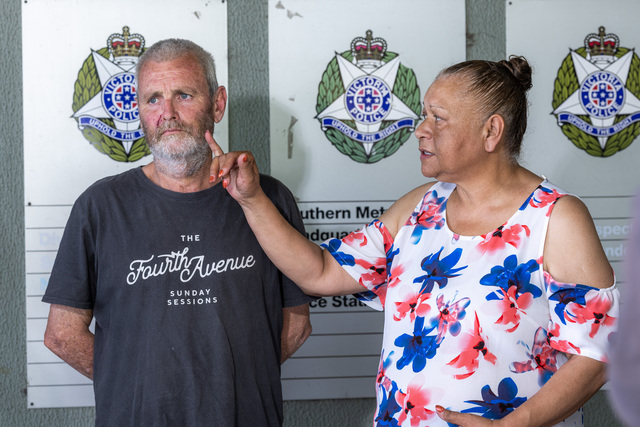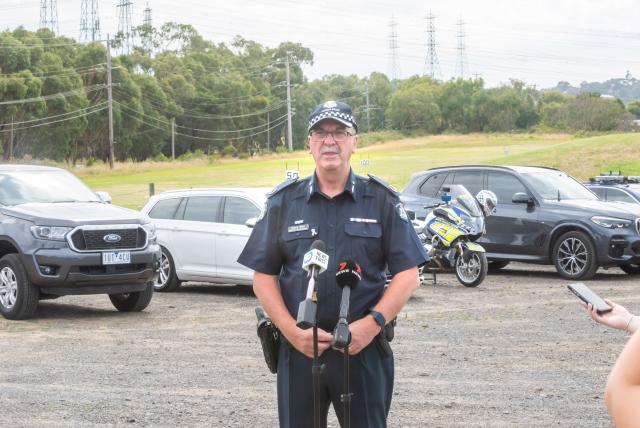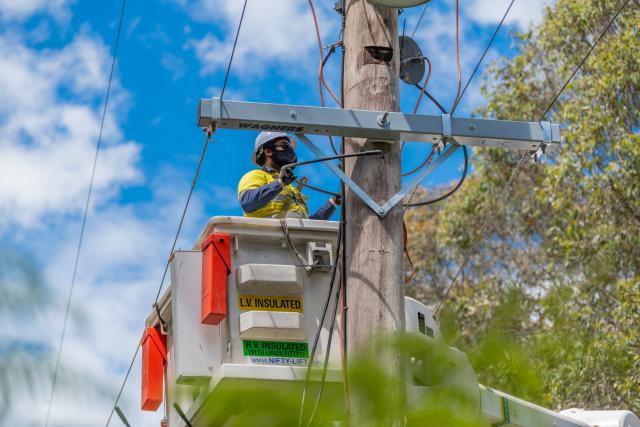A space for sharing experiences, providing advice and expressing one’s feelings from everyday hurdles to major life choices, MyTime caters to families and their children who are in need of a higher level of care.
With roughly 40 branches across Victoria, Berwick became one of the latest additions to the free peer support groups that MyTime organises, where parents and children until the age of six are welcome, without the need for diagnosis, to participate in the sessions.
Program manager for the Berwick branch, Madison Robinson, said that “at its core, it’s peer support for parents and for carers of children with disability, or really any additional needs, compared to other children”.
“It could be that the baby was born prematurely and need a little bit more assistance, a chronic medical condition or a developmental delay,” she said.
The foundation of the group sessions are all about parents and carers having the opportunity to connect with others in a similar situation, potentially from similar backgrounds but also those within their local community.
Ms Robinson said that these MyTime sessions are different from the usual play groups and mother groups and that it’s not childcare.
“The focus really is on that facilitated peer support and their growth as parents and carers and providing meaningful connection.
“We’ll get guest speakers in, do morning teas, special events; we have a partnership with Buttons where they come out and do activities with us.
“The idea of it really is to be peer let, so we talk to the community and we say, ‘well what would you like to do?’ And ‘what would you like to learn about?’”
The parents or carers are never far from their children during these peer support groups, with sessions being held in the same room.
During said peer sessions, a play leader will be responsible for attending to the needs of the children while a group facilitator oversees and fosters conversation amongst the guardians.
Vanja Flett, the group facilitator, said that “the essence of a group facilitator is to provide some self-care activities for parents and opportunity for them to share what they sort of need to talk about – and they have a lot in common”.
“They feel they feel more understood within that group rather than going to any mainstream social groups, where they have a child with a disability at home and they can’t really share that amongst others because they won’t be understood,” she said.
Held every fortnight, encouraging communication is all but part of the objectives of the support groups.
Ms Flett wants members to feel safe, welcomed and open with one another with their struggles, to talk and vent to one another because it “sometimes may be their only self-care opportunity”.
“Not just to talk about their children and what issues they might have, it could be marriage, it could be their health.
“We also do a bit of activities here when they’re having a lot of fun, doing their nails, gardening; it’s to put their mind away from their everyday life and unloading a little bit of their difficulties,” she said.
While the primary duty of care still rests on the parents or carer, MyTime is a child-safe organisation, with staff that participates in child-safe training and risk assessments and their every move child-led in terms of safety.
What separates MyTime from childcare are factors such as not having ratios, no strict eligibility criteria in terms of disability or assistance/further help required and of course, is not a facility where parents or guardians leave their children to the care of others.
Play leader Bibi Azizi recognises that each child has their own way of learning and interacting, from toys, to activities and people.
“If we get the opportunity, we ask the parent what the child really needs and likes, we provide those certain things for them to keep things calm, involving and loving,” Ms Azizi said.
Time spent together is essential for building rapport, not just for the adults but for the children as well.
Through the comfort of having their parents within arm’s length and having the opportunity to explore their interests with another parental figure, allows these children the space and room to grow.
At the same time, with the children preoccupied this means that parents and carers have the chance to unwind and support one another with the confidence of their children’s safety and wellbeing.
“We’ve had parents come and say ‘I was scared to come out to the community after delivering a child with special needs, and I always thought people would judge me’,” Ms Azizi said.
“They’d continue and say ‘when [they] found MyTime it has actually built [them] for the better, and [they’ve] become stronger than before’.”
“She [this parent] was, towards the end very happy saying that they’ve gained self-respect and self-confidence again compared to before, and while it may not be much it was a step forward to that person they wanted to be,” she said.
The MyTime program operates state-wide, with region-specific meetings where groups’ support leaders, facilitators and managers discuss prevalent topics to further their general understanding.
If you or someone you know is interested in taking part in MyTime’s peer support groups, contact them at 9486 9600 or send an email to manager@mytimevic.com.au

